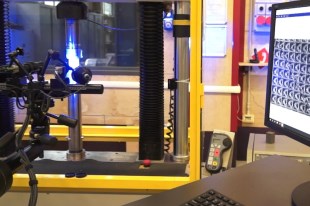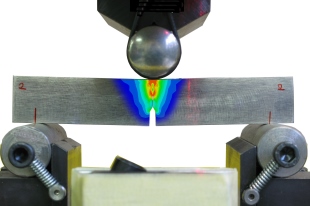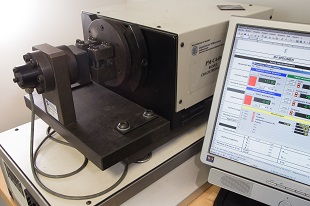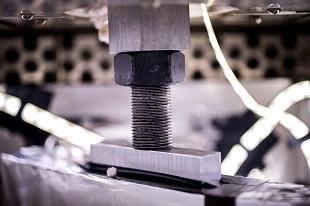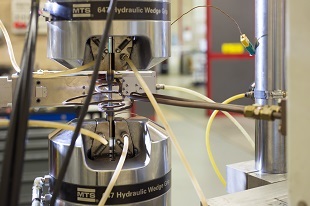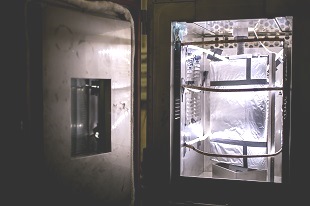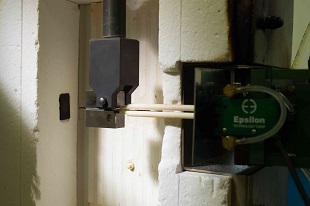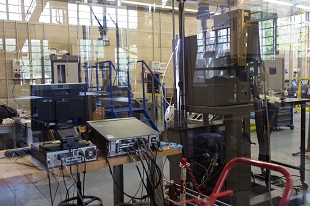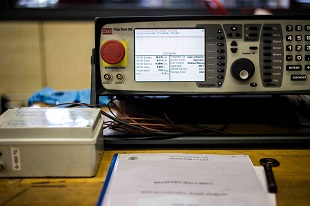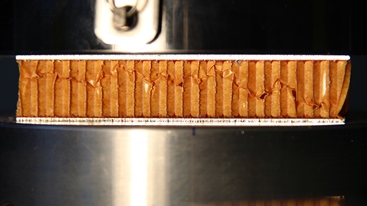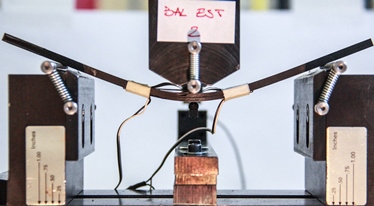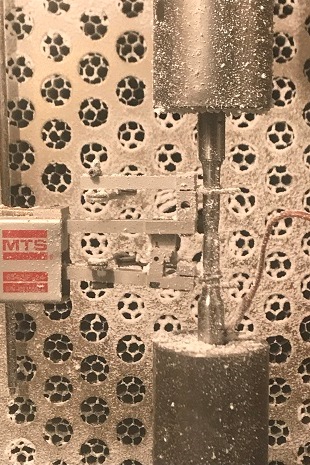
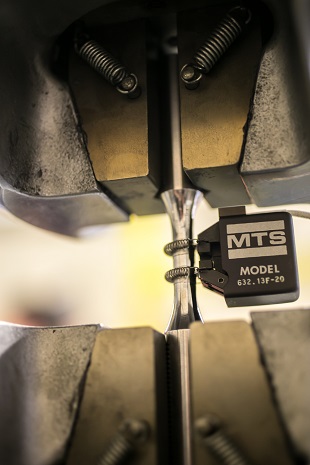
Description:
The laboratory is equipped with several resonant and universal testing machines for static and dynamic tests on metallic, composite and advanced materials. Each testing machine features extensometers with different gage lengths and temperature ranges, along with 2D and 3D measurement systems. Furnaces and environmental chambers are available to perform tests at low and high temperature.
References:
Ansaldo Energia S.p.A., Avio Aero, Brembo S.p.A., ENI S.p.A., Ferrari S.p.A., Leonardo S.p.A., Radici S.p.A., SACMI, Tenaris.
Instruments & Facilities:
- MTS809 servohydraulic triaxial machine. Ranges: ±250 kN axial; ±2000 Nm torsional; 100 MPa pressure
- MTS servohydraulic monoaxial machines. Max. force range: from ± 15 kN to ±250 kN
- Instron electrodynamic testing machine. Max. force: 10 kN
- MTS electromechanical machines. Max. force range: from ± 2 kN to ±150 kN
- Rumul Cracktronic resonant testing machines. Max flexural and torsional moment:160 Nm
- Rumul Testronic resonant testing machine. Range: ± 100 kN
- Italsigma 2TM831 rotary bending machines.Max bending moment: 35 Nm
- Creep-Fatigue and Crack Growth testing machines. Max load 12 kN. Max temperature 1200°C
- Induction heaters. Max temperature: 1200°C
- Furnace MTS 653.01. Max temperature: 1400°C
- Environmental chamber with built-in controller MTS. Temperature: -128/+315°C
- Fixtures and extensometers for fracture mechanics. Temperature range: -100/+1200°C
- Extensometers for tensile and LCF tests. Gage length: 8/50 mm. Temperature: -40/+1200°C
- GOM Aramis 3D 12M measurement system. Camera resolution: 4096x3000 pixels
- Creep testing machines, stress relaxation, cyclic creep testing frames. Max load 30 kN, Max temperature 1100°C
Activities:
Static and dynamic tests on materials and small components.
- Tensile and compression static tests according to international standards or customized in order to fulfill the customer needs
- High cycles fatigue (HCF) and low cycles fatigue tests (LCF). Temperature range: -40/+1000°C
- Dynamic tests with customized load spectra
- Static and dynamic tests for the characterization of the components (e.g. stiffness).
- Further kinds of test (e.g. flexural, shear) or test conditions (temperature, standard) can be arranged upon request
Fracture mechanics
- KIc determination according to ASTM E399
- JIc determination according to ASTM E1820
- Measurement of Fatigue Crack Growth Rates according to ASTM E647 and under customized load spectra
- Temperature range for Fracture mechanics tests: -100/+1000°C
Multi axial tests
- Biaxial and triaxial static tests, applied by means of three independent controlled actions: axial (max 250 kN), torsional (max 2200 Nm), pressure (max 100 MPa)
- Biaxial and triaxial low cycle fatigue tests (LCF). Tests can be performed under strain control
- Biaxial high temperature low cycle fatigue tests (LCF) up to 1000°C
- Axial-torsional high cycles fatigue (HCF) tests. Axial and torsional axial can be applied either in phase or out of phase
- Dynamic tests with customized load spectra
Tests on polymeric, composite and advanced materials
- Static tests on composite materials according to ASTM standards (e.g. D6671, D5379, D6484, D695, D3410) and ISO (e.g. 14126, 14129)
- Static tests on polymeric materials according to ASTM (e.g. D3039, D3518, D638) and ISO 527
- Low cycles fatigue tests (LCF) and High cycles fatigue (HCF), e.g. ISO 13003
- Other kinds of test (e.g. ISO 178, ASTM D7274) or test conditions (high/ low temperature, standard) can be arranged upon request
- Adhesive testing (static e.g. ISO 14130, ISO 15024 and fatigue)
In collaboration with the interdepartmental laboratory HSR, it is also possible to perform dynamic characterization tests according to the ASTM D7136, D3763, ISO 6603, ISO 8256 standards.
Creep, Creep Crack Growth and Creep-Fatigue Crack Growth tests
- Creep strain analysis through extensometry of round section specimens at high temperature
- Crack initiation and propagation analysis of pre-cracked C(T) specimens through potential drop system at high temperature
- Crack initiation and propagation analysis of pre-cracked C(T) specimens in a creep-fatigue interaction context




